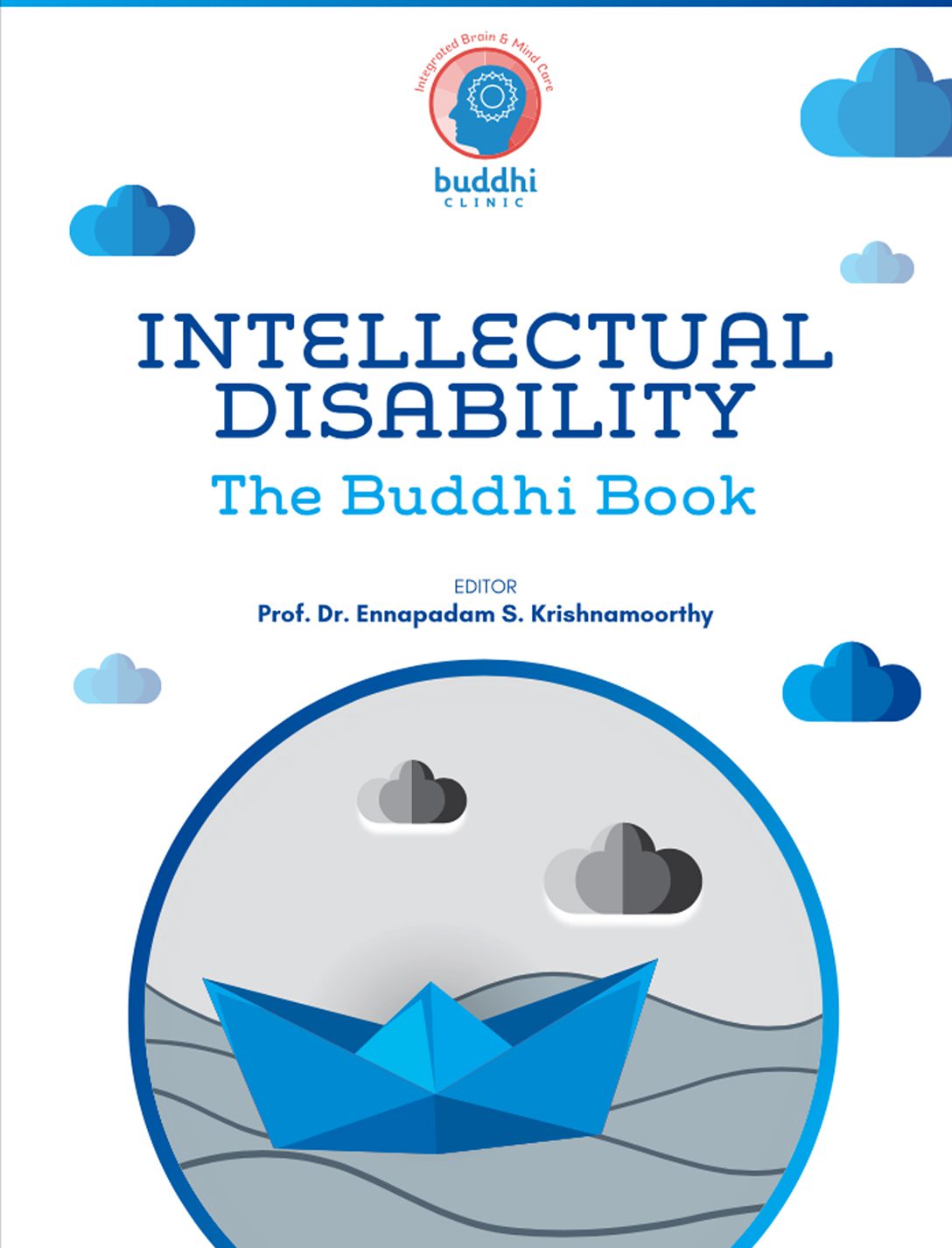

Elders
A sustained, integrative effort towards getting better is important for the elderly
In our advent of going beyond medication, we at Buddhi clinic have an integrative 3M approach that aims at a steady improvement in health for elders. Read the blog to learn more.




